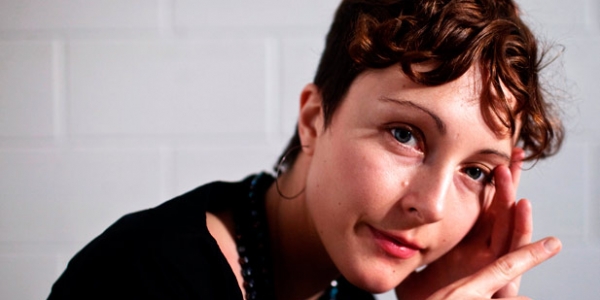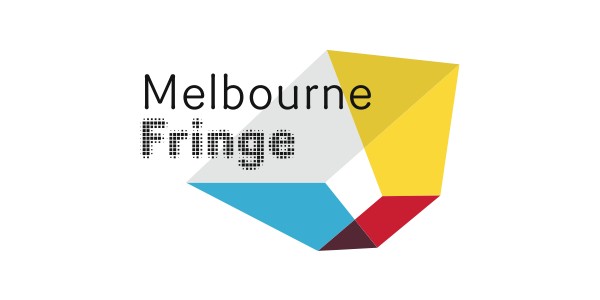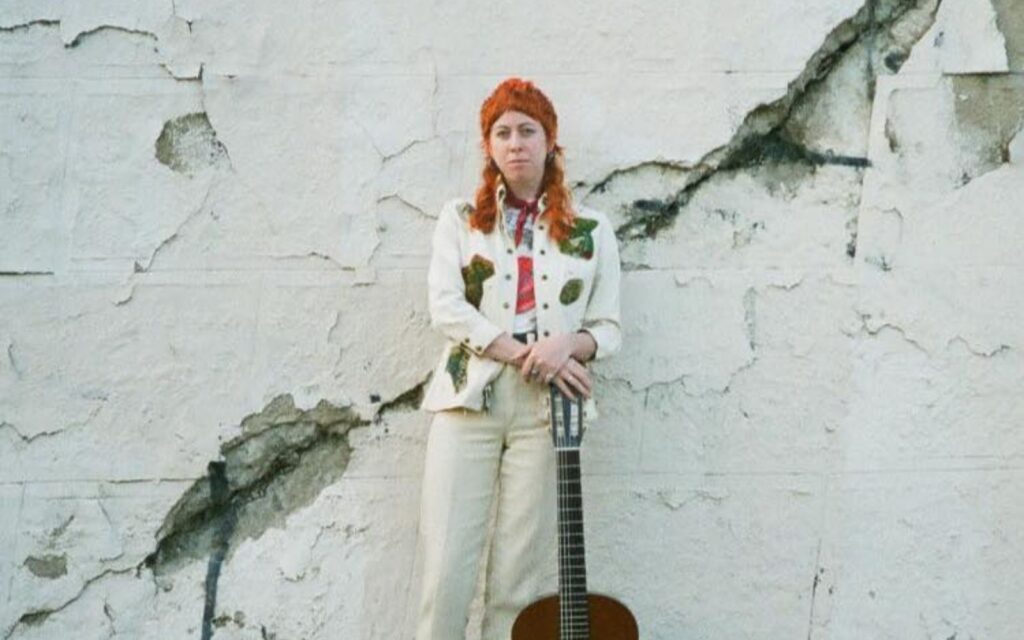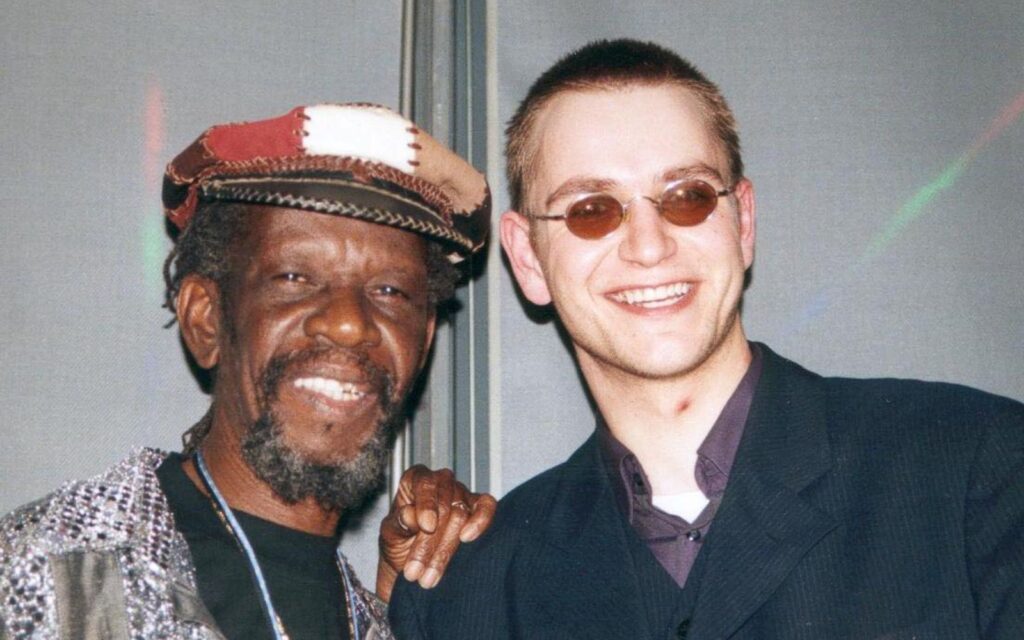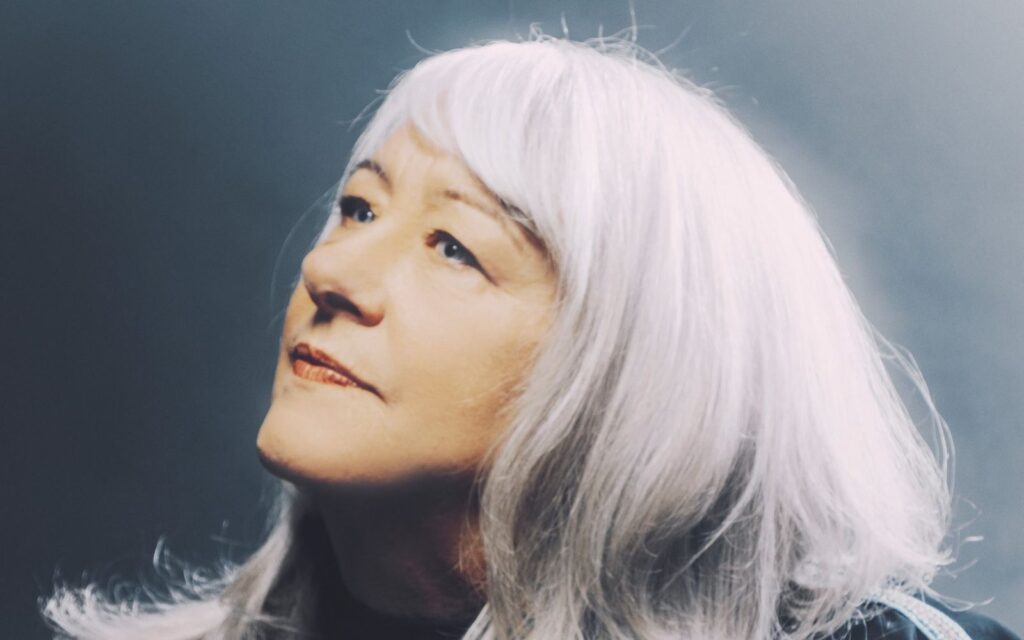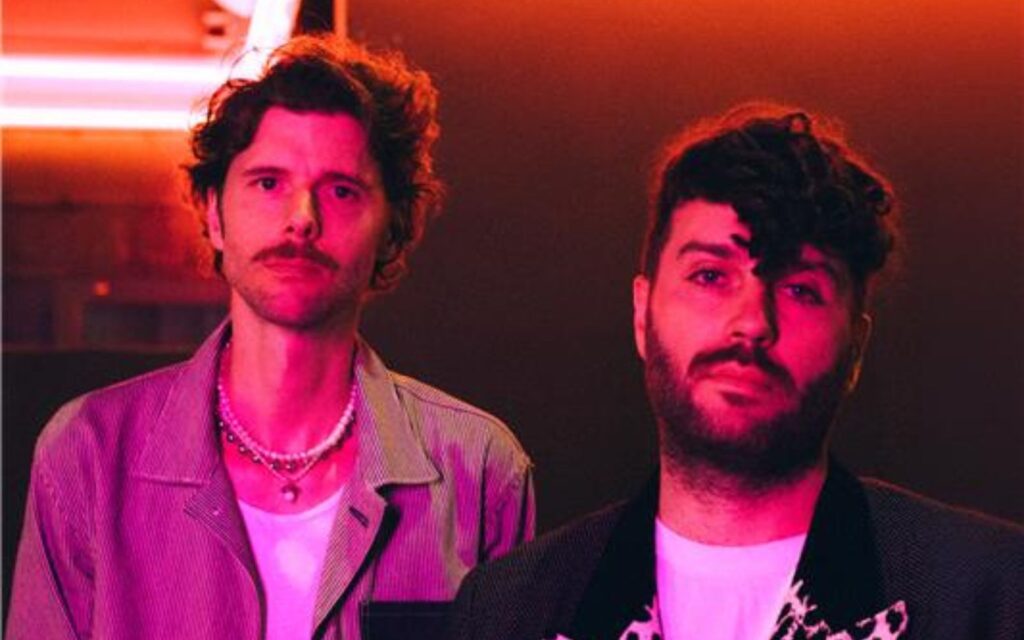Poliça’s album Give You the Ghost has already found an admirer in Jay-Z and Leaneagh’s singing, notable for a judicious use of auto-tune while still retaining a dynamic use of her vocal range, has invited comparisons to Fiona Apple and Norah Jones. It might be a testament to the lengths music critics will bend backwards to avoid using the cliché “genre-defying”, but it’s also telling that Poliça’s maudlin and intricate electronica has been likened to other artists who’ve been able to attract near-universal acclaim.
“I didn’t know Ryan very much or very well before Gayngs,” Leaneagh says of Olson. “I hardly knew him at all and that band was the place where we got to know each other. Ryan works on a lot of different projects with a lot of different people, and one day he said, ‘Hey, do you wanna make some songs together and just hang out?’ Me and a few people went over to his apartment, he played some beats and I just sang over them.”
Leaneagh, a self-confessed introvert, says she was surprised how quickly the album assembled itself after the pair began working together alongside the other Minneapolis indie alumni who were assembled in Olson’s apartment.
“I did have about four recording sessions with him for Gayngs, so I had experienced working with him before,” Leaneagh says. “But I’m very quiet and guarded, and he makes people feel comfortable. He’s one of the few people I’m not embarrassed singing in front of. He said, ‘Don’t be nervous around me, just sing.’ He pulls things out of people that they didn’t know they had in them. It was just one of those things where musically we work together really well; you just feel that with somebody. It’s crazy to me, when I listen to the record now. I didn’t even go into a nice studio. It was just the raw versions of my first instincts and our first time hanging out.”
“I don’t work that fast normally but sometimes, working creatively, there’s people you start working with but it takes a bit longer. It doesn’t discredit the work, but sometimes there’s just that immediate explosion of work because you click so well with somebody. That’s the main thing about this record, it’s a documentation of two people just figuring each other out.”
While Leaneagh says that Give You the Ghost is first and foremost a chronicle of her blossoming musical partnership with Olson, other interviews have alluded to the influence of a break-up bringing itself to bear in her contribution to Give You the Ghost. “The recurring theme of this record is ‘what in the hell just happened and who the hell am I anyways,’” Leaneagh claimed earlier in the year. With the benefit of hindsight in the time since the album’s general release, Leaneagh has allowed herself a more philosophical interpretation of her work.
“I don’t know if it’s the primary focus,” she says. “The wording of that seems a bit hilarious now! I think specifically after you break-up in a long term relationship, something you’ve given 10-15 years of your life to, you get out of it and there’s really a lot of self-discovery and a self-destructive path, but you’re also trying to rebuild yourself. I was at a low point. I had lots of fodder for heartbreak material. I played lots of songs that were angsty or emotive, that spoke to me in a certain way, that kind of naturally spoke to the emotions I was feeling and could dramatise.”
While taking a more detached view of her work on Give You the Ghost, the singer says that being attuned to the more unpleasant things in her life is an essential to her work as a musician.
“For me, it’s more of a challenge to write when things are going well,” says Leaneagh. “Even when I’m playing shows, we talk about in the band how we want to keep our mood backstage very low. If you’re very extravagant and too mentally well taken care of, I feel like it keeps you from getting to the place you need to be as an artist. You can still do it but it’s not enjoyable for me to express myself by dancing all over the stage. “In a period of that kind of loss, you can get really depressed but for me that wasn’t the case, I just felt like I had a lot to say.”
BY SEAN SANDY DEVOTIONAL
